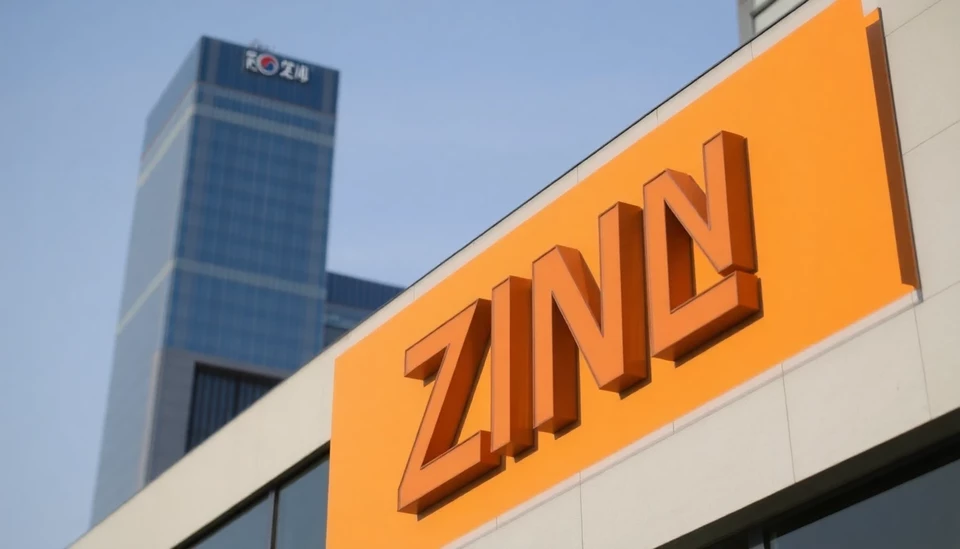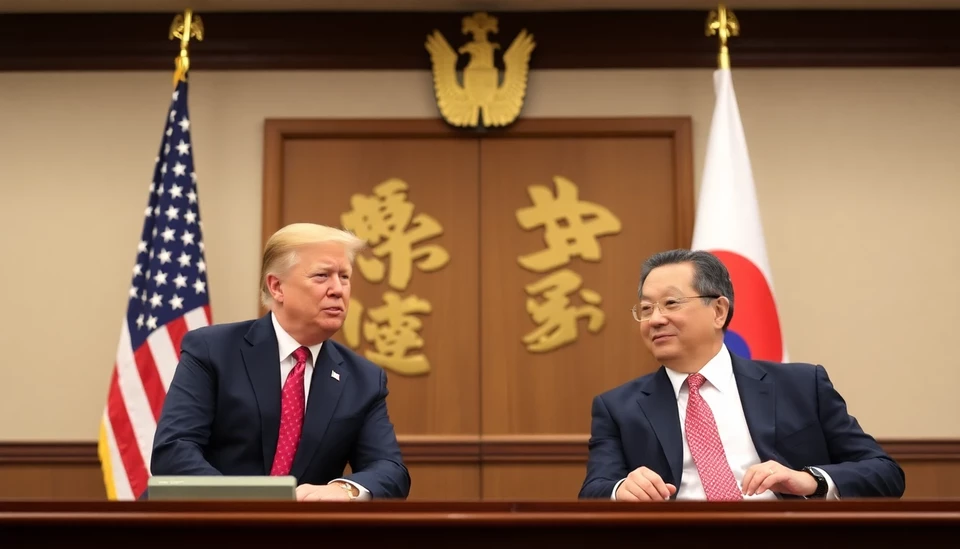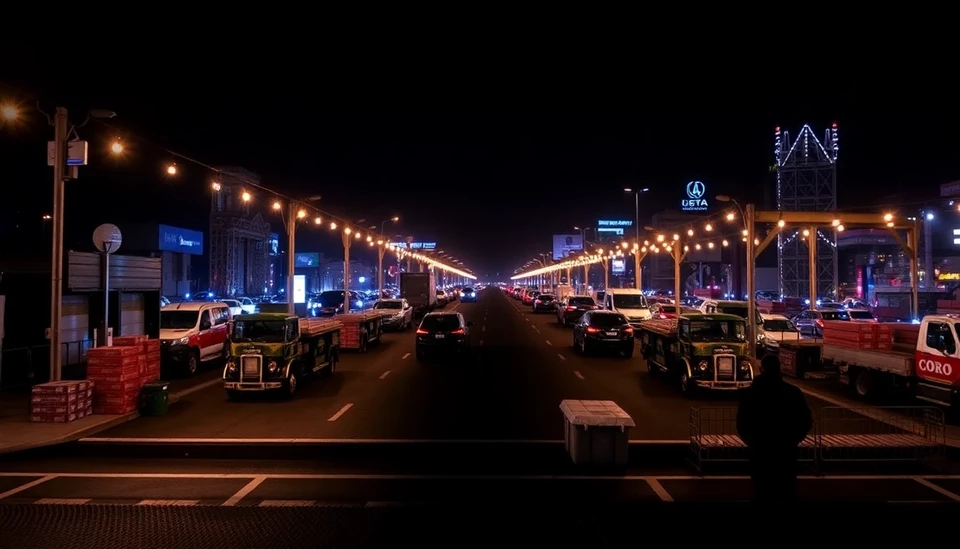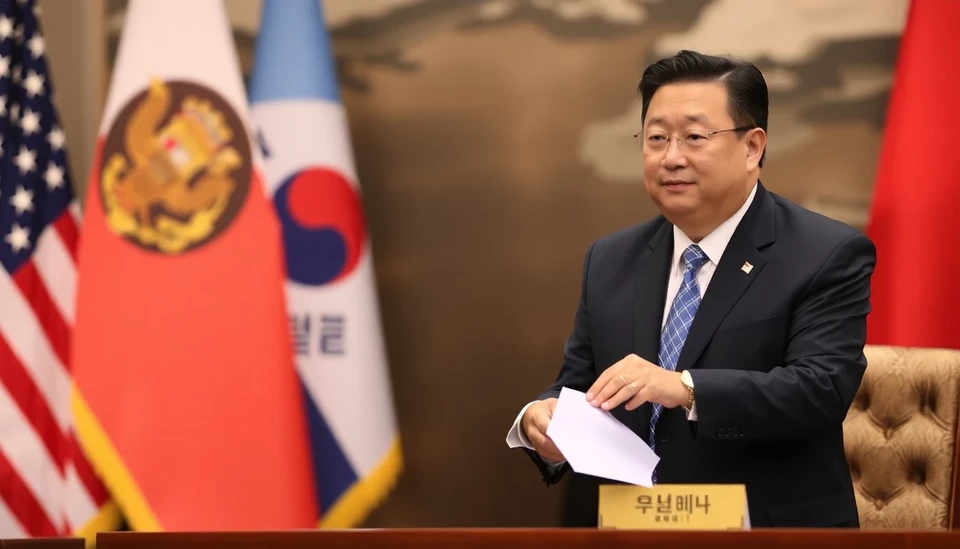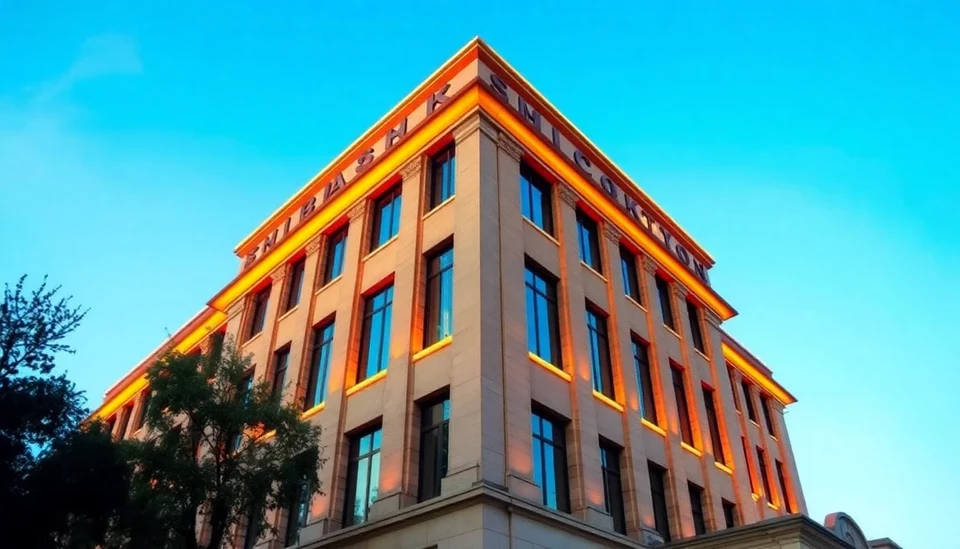
In a significant economic development, South Korea's economy has contracted, marking a concerning trend that suggests a deepening crisis fueled by escalating political unrest. Recent reports indicate that the nation experienced a decline in economic output, reflecting a combination of declining demand and uncertainty around governance.
The nation's economic challenges have emerged as protests and political turmoil loom large over the government, impacting consumer spending and investor confidence. Recent demonstrations against President Yoon Suk-yeol’s administration have mobilized thousands, leading to chaotic scenes in the capital, Seoul. This political instability exacerbates existing problems in various sectors, from manufacturing to services, highlighting the pervasive sentiment of discontent among the populace.
Analysts suggest that the contraction can be attributed to various factors, including global economic conditions, local domestic issues, and the increasing difficulty of sustained economic growth amidst political strife. The uncertainty surrounding the administration's ability to effectively address these challenges has placed additional strain on the already faltering economy.
With continued unrest on the horizon, many fear that unless actionable solutions are found, the economy could face a prolonged period of stagnation. The discord not only threatens consumer confidence but also deters foreign investment, which is crucial for a country dependent on trade and exports.
Experts are urging both the government and citizens to engage in dialogue to resolve political tensions, advocating for measures that could rejuvenate the economy. As negotiations continue, there remains a growing sense of urgency among stakeholders who are eager to see a stabilization of both political and economic environments in South Korea.
The intersection between political health and economic performance has never been more apparent, as South Korea stands at a crucial crossroads. To navigate these turbulent times, strong leadership and unified action will be essential to restore stability and confidence within the markets, ensuring a brighter future for the nation's economy.
As South Korea grapples with a volatile political landscape, it remains to be seen how government efforts will transform the current economic trajectory and whether these attempts will be met with support from an increasingly wary populace.
Governments around the world often face the challenge of balancing politics with economic responsibilities, but the current situation in South Korea serves as a stark reminder of how interconnected these realms truly are.
In conclusion, as South Korea navigates through this turbulent phase, the eyes of the global market will be firmly fixed on its next moves, anticipating a shift that could either stabilize or further complicate the region's economic outlook.
#SouthKorea #Economy #PoliticalTurmoil #EconomicDecline #Protests #YoonSukYeol #ConsumerConfidence #ForeignInvestment #MarketStability
Author: Daniel Foster
